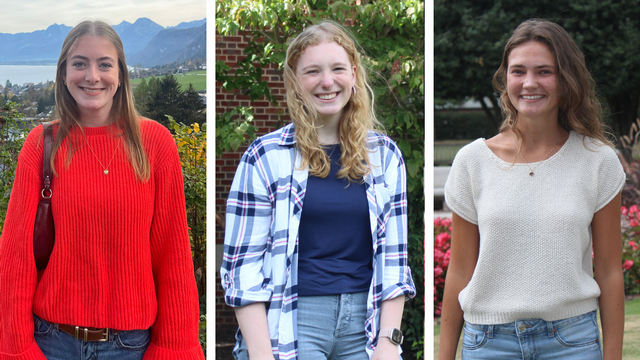
Helping people get back on their feet was a common thread in seniors’ internships with human services nonprofits.
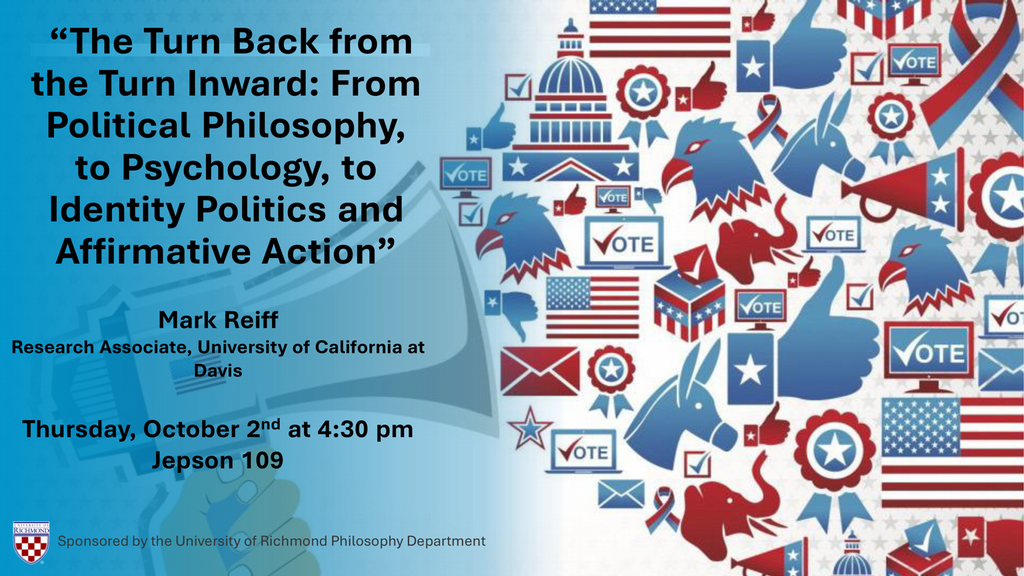
October 2 | 4:30 pm
Jepson 109
This lecture digests some broad intellectual, social, and cultural trends over the last 100 years and discusses their effect on the promotion of the political theory broadly known as “liberalism.” While some of these trends have had a positive effect, I contend that they have mostly caused liberalism to turn in on itself, and this has made liberalism especially susceptible to attacks from the right. The turn inward has caused liberalism to become far too insular and utopian, distancing itself from the practical; to become far too close-minded, depriving itself of the intellectual energy and new ideas that it needs to move forward; to become far too factionalized, creating intellectual competition rather than intellectual cross-fertilization; and to become far too timid, alienating a large portion of its natural supporters by prizing caution and decorum over decisive action and not standing up sufficiently for its fundamental principles. As a result, liberalism is struggling today, and it cannot continue to be the operating system of a successful self-perpetuating pluralistic society unless it is prepared to turn outward once again. After describing the several facets of the turn inward was and what motivated these, I shall describe how this contributed to the rise of identity politics and an associated and almost exclusive focus on the remedial powers of affirmative action. I shall argue that while fully morally justified as a deontological matter, this approach has proved more counterproductive than helpful. Finally, I shall describe some alternative remedial approaches that are likely to have better overall effects and suggest how liberalism might refocus its political energy outward to make its appeal more apparent again.
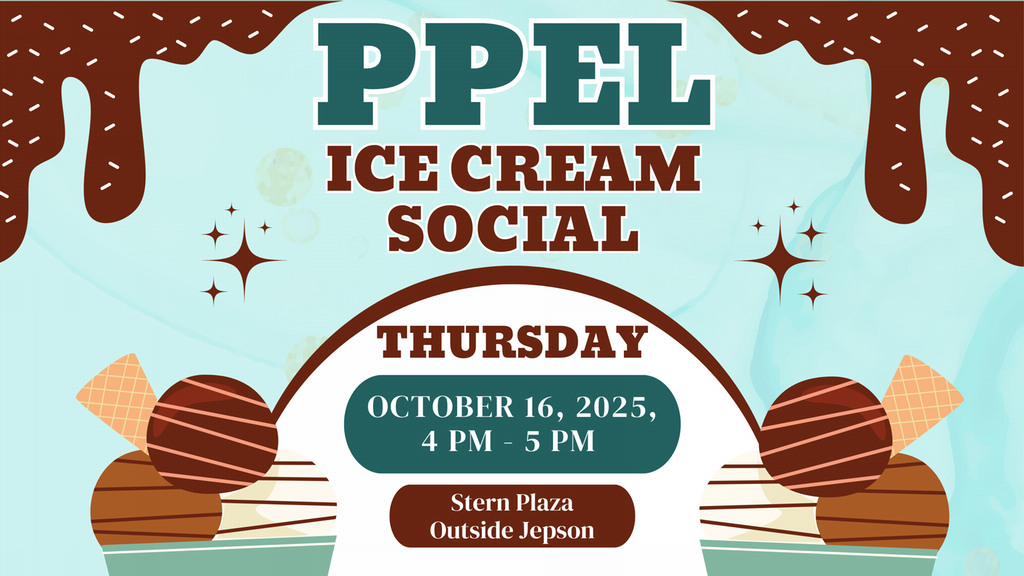
Join us for an Ice Cream Social featuring DeLuca Gelato on October 16th at Stern Plaza from 4:00 to 5:00 p.m.
Everyone is welcome to enjoy delicious gelato and socialize! See you there!
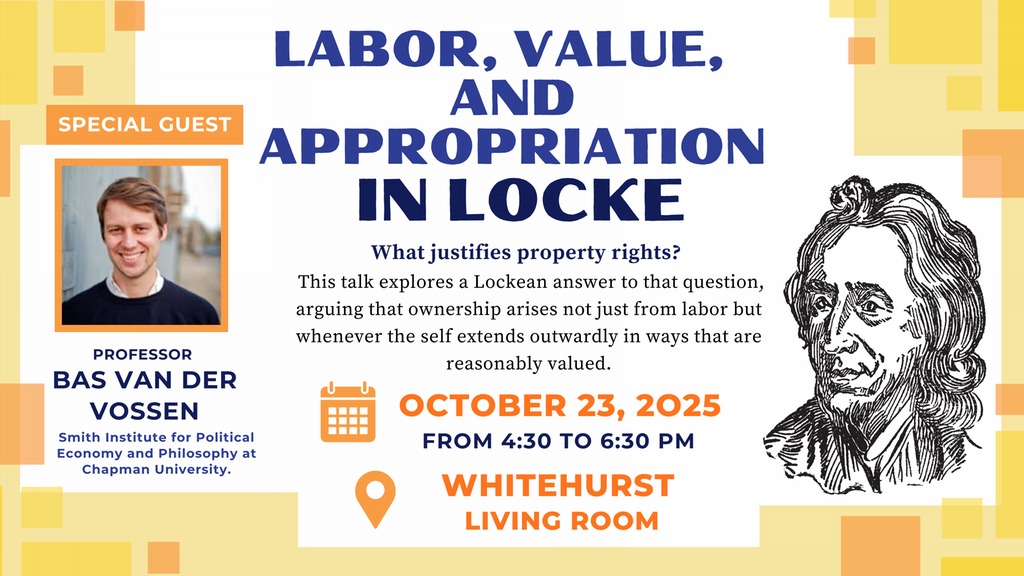
PPEL invites members of the UR community to attend an upcoming talk by Professor Bas van der Vossen, Smith Institute for Political Economy and Philosophy, Chapman University.
Labor, Value, and Appropriation in Locke
What justifies property rights? This talk explores a Lockean answer to that question, arguing that ownership arises not just from labor but whenever the self extends outwardly in ways that are reasonably valued.
Wednesday, October 23, 4:30–6:30 p.m.
Whitehurst Living Room
Light refreshments will be provided. We hope you can join us for what promises to be a thought-provoking discussion.
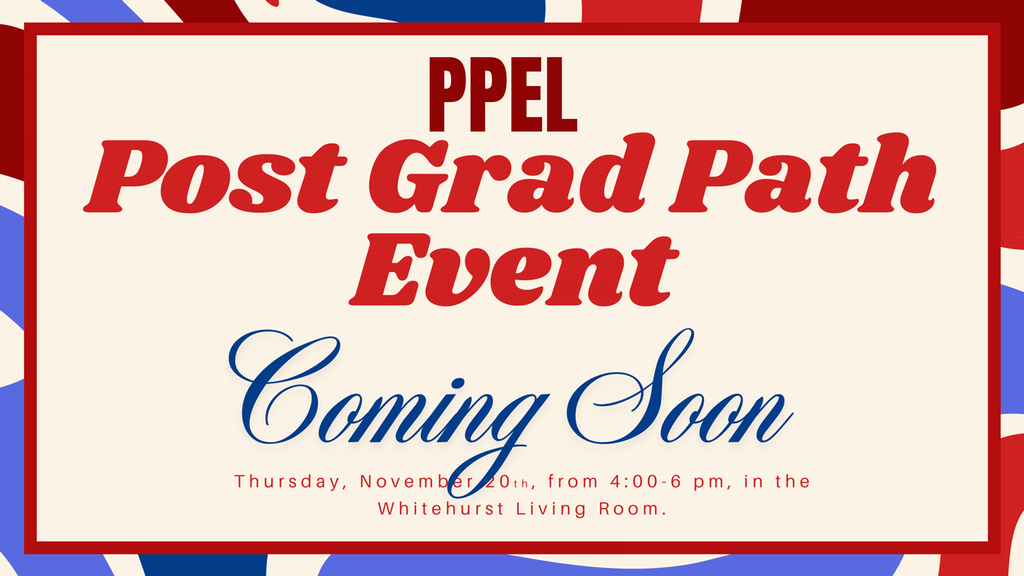
Thinking about how to leverage your PPEL major as you pursue a career or graduate school? Please join us for a conversation with three PPEL alumni on Thursday, November 20th, from 4:00-6pm, in the Whitehurst Living Room.
More info coming soon!
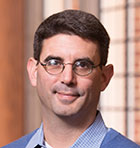
David Lefkowitz, professor of philosophy and PPEL, published "A New Philosophy for International Legal Skepticism?" in International Theory.
View Bio
David Lefkowitz, professor of philosophy and PPEL, published "Civil Liability for Civil Disobedience" in Annual Review of Law and Ethics.
View Bio
David Lefkowitz, professor of philosophy and PPEL, published "Political Feasibility and a Global Climate Treaty" in Ethics, Policy and Environment.
View Bio
David Lefkowitz, professor of philosophy and PPEL, published "State Consent and the Legitimacy of International Law" in Consenting to International Law.
View Bio